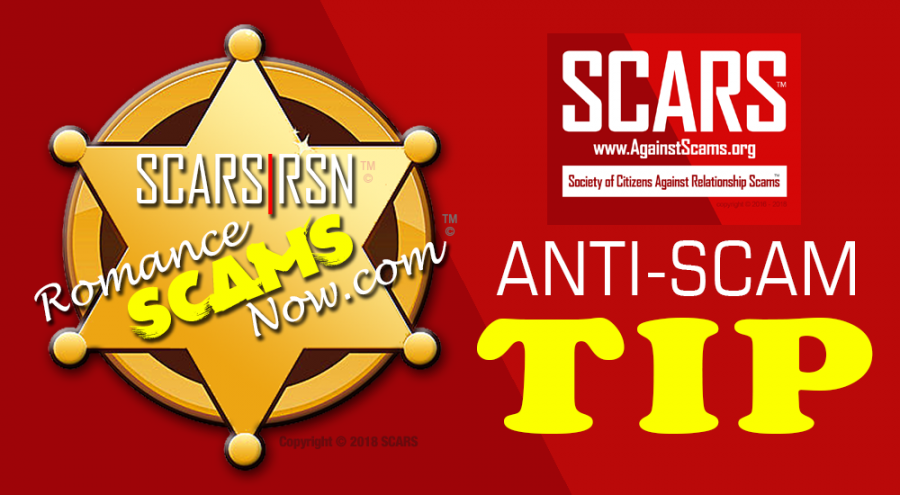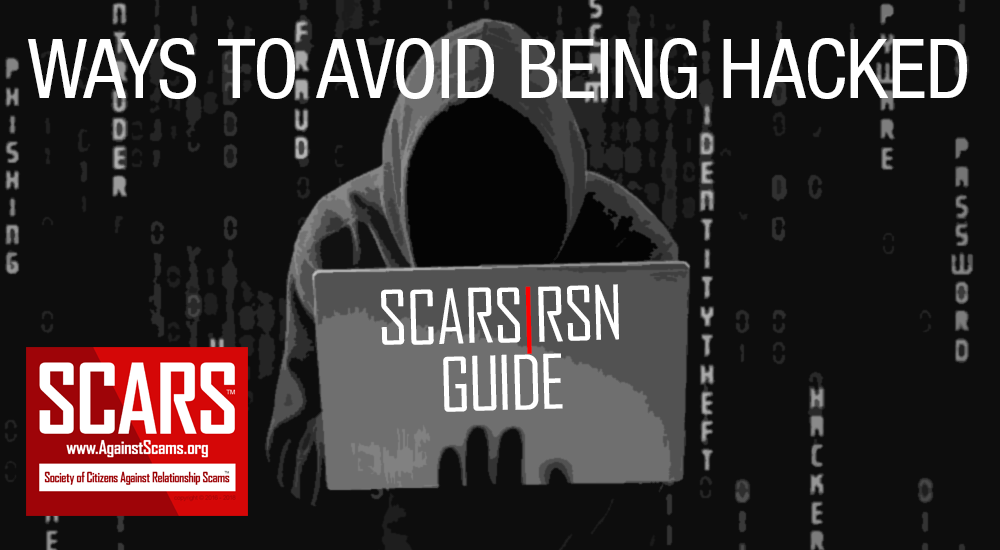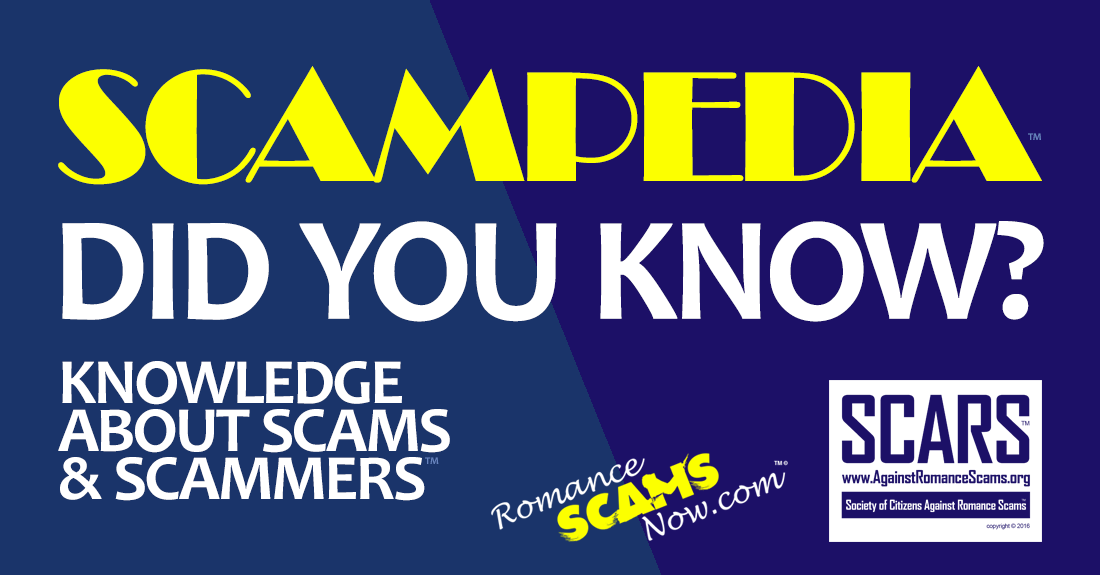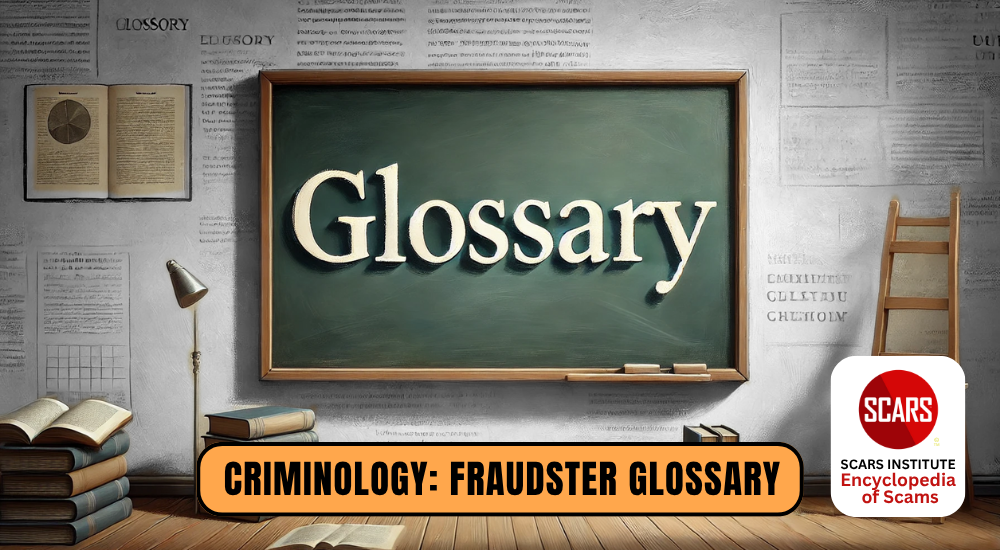
SCARS Institute’s Encyclopedia of Scams™ Published Continuously for 25 Years

SCAMPEDIA: “European” Distribution Fraud
What is: “European” Distribution Fraud?
When a company from overseas (usually from Europe) delivers products to the UK or other destination but isn’t paid for the goods or the cost of shipping – it is done by payment terms (such as C.O.D. – Cash On Delivery or NET 30 Days).
Fraudsters pretend to be from a well-known company or business name to make their order look authentic.
Spot The Scam
- Your business gets an email for a large order to be sent to a new address. The buyer says you’ll be paid on delivery.
- Your business is pressured into making the delivery quickly.
- Their documents and emails have poor spelling and grammar. If English isn’t your first language, find someone who can check for you.
The Mechanics
Fraudsters make an order to a company outside the UK by email. They claim to be from a well-known retailer, supermarket or manufacturer based in the UK. They may use an email address that looks very similar to a genuine company and steals their logo.
Orders are usually for a large number of expensive products such as food, alcohol or electrical products. They avoid paying for the goods themselves by using fake bank transfer confirmation forms, or by giving the company’s genuine address for the invoice.
They ask for the delivery lorry to send the products to an address that doesn’t belong to the company. In some cases, a genuine company delivery address is given on the order, but the driver is contacted while they’re traveling and asked to change the delivery address.
The delivery is picked up by the criminals without payment, and any invoices your business sends to the company’s genuine address can’t be paid.
How It Works
This type of fraud, known as “European distribution fraud”, happens when a company from overseas (usually from Europe) delivers products to the UK (or another destination such as Ireland, France, etc.), but isn’t paid for the goods or the cost of shipping.
Fraudsters are registering domains that are similar to genuine university domains such as xxxxacu-uk.org, xxxxuk-ac.org, and xxxacu.co.uk. These domains are used to contact suppliers and order high-value goods such as IT equipment and pharmaceutical chemicals in the university’s name.
Suppliers will receive an email claiming to be from a university, requesting a quotation for goods on extended payment terms. Once the quotation has been provided, a purchase order is emailed to the supplier that is similar to a real university purchase order. The purchase order typically instructs delivery to an address, which may or may not be affiliated with the university. The items are then received by the criminals before being moved on, however, no payment is received by the supplier.
U.K. ActionFraud says: “This type of fraud can have a serious impact on businesses. This is why it’s so important to spot the signs and carry out all the necessary checks, such as verifying the order and checking any documents for poor spelling and grammar.”
“We know that there is a lack of reporting by affected companies and without this vital intelligence, a true picture of EDF cannot be reflected.”
Protect your business against European distribution fraud
- Check that the delivery address, phone number, and email domain name is genuine. If someone has placed an order with your business for the first time always verify them. Find the company’s website using a search engine and phone them to confirm details.
- Do some extra research on the Internet. Are there any news reports of criminals imitating this before? Can you see their address on Google Street View?
- Ask for upfront payment for first-time orders. If you have an online checkout, get them to use it.
- Ensure that you verify and corroborate all order requests from new customers. Use telephone numbers or email addresses found on the retailer’s website – do not use the details given on the suspicious email for verification purposes.
- If the order request is from a new contact at an organization that’s an existing customer, verify the request through an established contact to make sure it is legitimate.
- Check any documents for poor spelling and grammar – this is often a sign that fraudsters are at work.
FAQ: How Do You Properly Report Scammers?
It is essential that law enforcement knows about scams & scammers, even though there is nothing (in most cases) that they can do.
Always report scams involving money lost or where you received money to:
- Local Police – ask them to take an “informational” police report – say you need it for your insurance
- Your National Police or FBI (www.IC3.gov)
- The Scars Worldwide Reporting Network HERE or on www.Anyscam.com
This helps your government understand the problem, and allows law enforcement to add scammers on watch lists worldwide.
Visit our Main SCARS™ News & Information Facebook page for much more information about scams and online crime: www.facebook.com/SCARS.Victims.Support.And.Recovery
To learn more about SCARS visit www.AgainstScams.org
Please be sure to report all scammers HERE or on www.Anyscam.com
All original content is Copyright © 1991 – 2018 SCARS All Rights Reserved Worldwide & Webwide – RSN/Romance Scams Now & SCARS/Society of Citizens Against Romance Scams are all trademarks of Society of Citizens Against Romance Scams Inc.
#ReportingScammers #WhereToReportScams #Anyscam #SCARS #RSN #CatchScammers #ScammerWatchLists #ArrestScammers #REPORTSCAMMERS #ANYSCAM #AVOIDSCAMS #ROMANCESCAMS #ACTAGAINSTSCAMS #NIGERIANSCAMMERS #ROMANCESCAMSNOW #SCARS #GHANASCAMMERS #FAKEPROFILES #FACEBOOKSCAMMERS #BOYCOTTAFRICANCOFFEE
-/ 30 /-
What do you think about this?
Please share your thoughts in a comment below!
LEAVE A COMMENT?
Recent Comments
On Other Articles
- Arwyn Lautenschlager on Love Bombing And How Romance Scam Victims Are Forced To Feel: “I was love bombed to the point that I would do just about anything for the scammer(s). I was told…” Feb 11, 14:24
- on Dani Daniels (Kira Lee Orsag): Another Scammer’s Favorite: “You provide a valuable service! I wish more people knew about it!” Feb 10, 15:05
- on Danielle Delaunay/Danielle Genevieve – Stolen Identity/Stolen Photos – Impersonation Victim UPDATED 2024: “We highly recommend that you simply turn away form the scam and scammers, and focus on the development of a…” Feb 4, 19:47
- on The Art Of Deception: The Fundamental Principals Of Successful Deceptions – 2024: “I experienced many of the deceptive tactics that romance scammers use. I was told various stories of hardship and why…” Feb 4, 15:27
- on Danielle Delaunay/Danielle Genevieve – Stolen Identity/Stolen Photos – Impersonation Victim UPDATED 2024: “Yes, I’m in that exact situation also. “Danielle” has seriously scammed me for 3 years now. “She” (he) doesn’t know…” Feb 4, 14:58
- on An Essay on Justice and Money Recovery – 2026: “you are so right I accidentally clicked on online justice I signed an agreement for 12k upfront but cd only…” Feb 3, 08:16
- on The SCARS Institute Top 50 Celebrity Impersonation Scams – 2025: “Quora has had visits from scammers pretending to be Keanu Reeves and Paul McCartney in 2025 and 2026.” Jan 27, 17:45
- on Scam Victims Should Limit Their Exposure To Scam News & Scammer Photos: “I used to look at scammers photos all the time; however, I don’t feel the need to do it anymore.…” Jan 26, 23:19
- on After A Scam, No One Can Tell You How You Will React: “This article was very informative, my scams happened 5 years ago; however, l do remember several of those emotions and/or…” Jan 23, 17:17
- on Situational Awareness and How Trauma Makes Scam Victims Less Safe – 2024: “I need to be more observant and I am practicing situational awareness. I’m saving this article to remind me of…” Jan 21, 22:55
ARTICLE META
Important Information for New Scam Victims
- Please visit www.ScamVictimsSupport.org – a SCARS Website for New Scam Victims & Sextortion Victims
- Enroll in FREE SCARS Scam Survivor’s School now at www.SCARSeducation.org
- Please visit www.ScamPsychology.org – to more fully understand the psychological concepts involved in scams and scam victim recovery
If you are looking for local trauma counselors please visit counseling.AgainstScams.org or join SCARS for our counseling/therapy benefit: membership.AgainstScams.org
If you need to speak with someone now, you can dial 988 or find phone numbers for crisis hotlines all around the world here: www.opencounseling.com/suicide-hotlines
A Note About Labeling!
We often use the term ‘scam victim’ in our articles, but this is a convenience to help those searching for information in search engines like Google. It is just a convenience and has no deeper meaning. If you have come through such an experience, YOU are a Survivor! It was not your fault. You are not alone! Axios!
A Question of Trust
At the SCARS Institute, we invite you to do your own research on the topics we speak about and publish, Our team investigates the subject being discussed, especially when it comes to understanding the scam victims-survivors experience. You can do Google searches but in many cases, you will have to wade through scientific papers and studies. However, remember that biases and perspectives matter and influence the outcome. Regardless, we encourage you to explore these topics as thoroughly as you can for your own awareness.
Statement About Victim Blaming
SCARS Institute articles examine different aspects of the scam victim experience, as well as those who may have been secondary victims. This work focuses on understanding victimization through the science of victimology, including common psychological and behavioral responses. The purpose is to help victims and survivors understand why these crimes occurred, reduce shame and self-blame, strengthen recovery programs and victim opportunities, and lower the risk of future victimization.
At times, these discussions may sound uncomfortable, overwhelming, or may be mistaken for blame. They are not. Scam victims are never blamed. Our goal is to explain the mechanisms of deception and the human responses that scammers exploit, and the processes that occur after the scam ends, so victims can better understand what happened to them and why it felt convincing at the time, and what the path looks like going forward.
Articles that address the psychology, neurology, physiology, and other characteristics of scams and the victim experience recognize that all people share cognitive and emotional traits that can be manipulated under the right conditions. These characteristics are not flaws. They are normal human functions that criminals deliberately exploit. Victims typically have little awareness of these mechanisms while a scam is unfolding and a very limited ability to control them. Awareness often comes only after the harm has occurred.
By explaining these processes, these articles help victims make sense of their experiences, understand common post-scam reactions, and identify ways to protect themselves moving forward. This knowledge supports recovery by replacing confusion and self-blame with clarity, context, and self-compassion.
Additional educational material on these topics is available at ScamPsychology.org – ScamsNOW.com and other SCARS Institute websites.
Psychology Disclaimer:
All articles about psychology and the human brain on this website are for information & education only
The information provided in this article is intended for educational and self-help purposes only and should not be construed as a substitute for professional therapy or counseling.
While any self-help techniques outlined herein may be beneficial for scam victims seeking to recover from their experience and move towards recovery, it is important to consult with a qualified mental health professional before initiating any course of action. Each individual’s experience and needs are unique, and what works for one person may not be suitable for another.
Additionally, any approach may not be appropriate for individuals with certain pre-existing mental health conditions or trauma histories. It is advisable to seek guidance from a licensed therapist or counselor who can provide personalized support, guidance, and treatment tailored to your specific needs.
If you are experiencing significant distress or emotional difficulties related to a scam or other traumatic event, please consult your doctor or mental health provider for appropriate care and support.
Also read our SCARS Institute Statement about Professional Care for Scam Victims – click here to go to our ScamsNOW.com website.

















Thank you for your comment. You may receive an email to follow up. We never share your data with marketers.